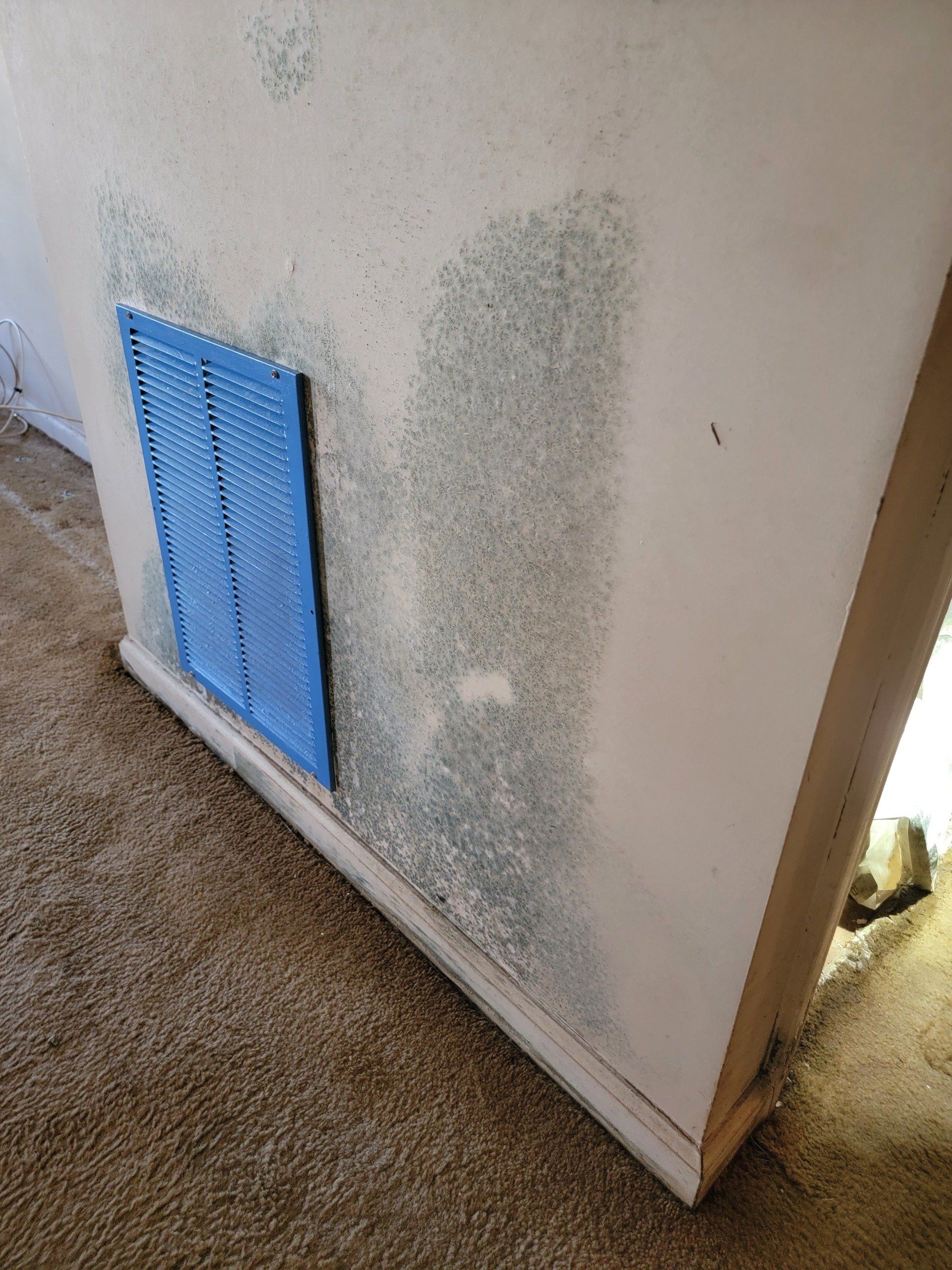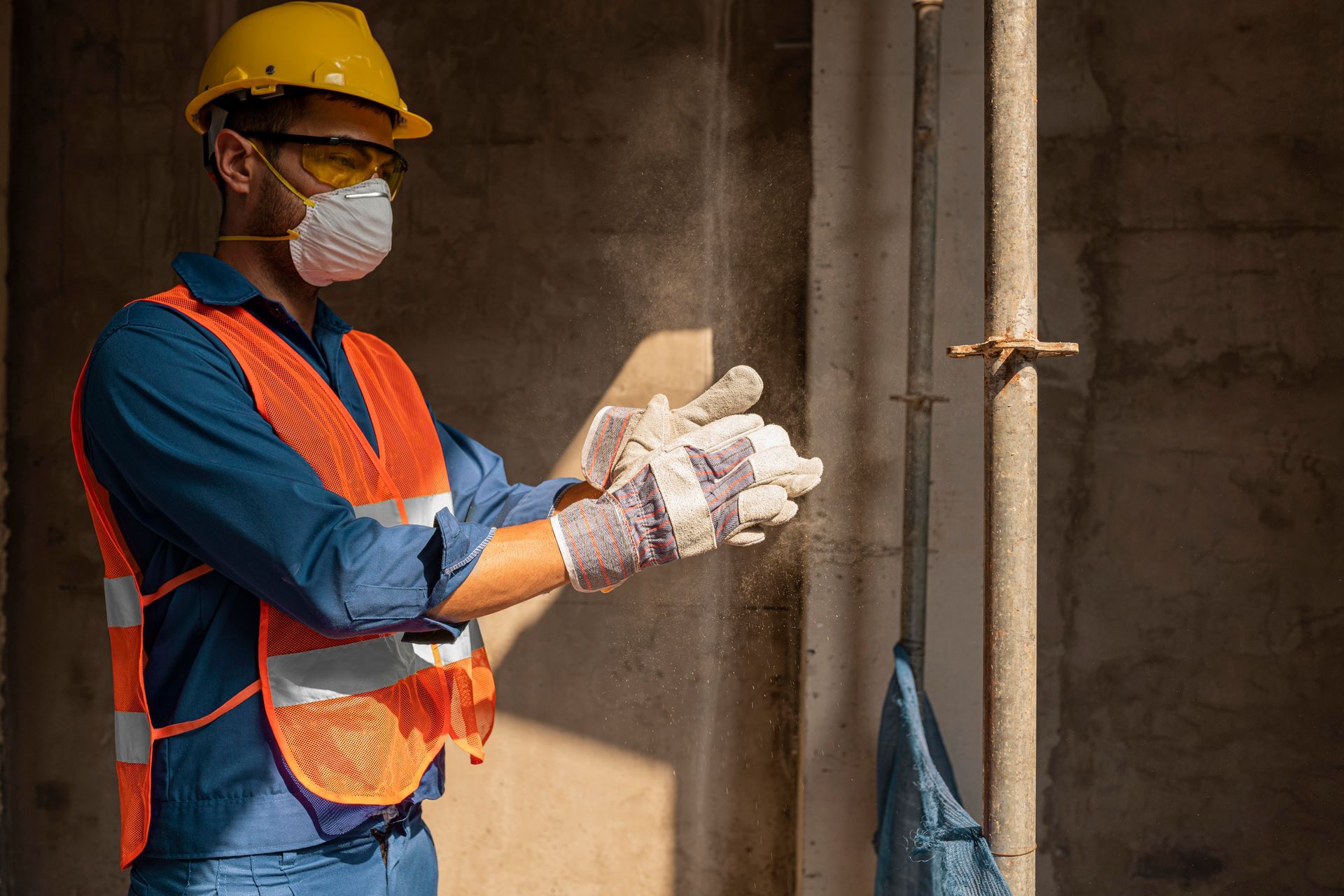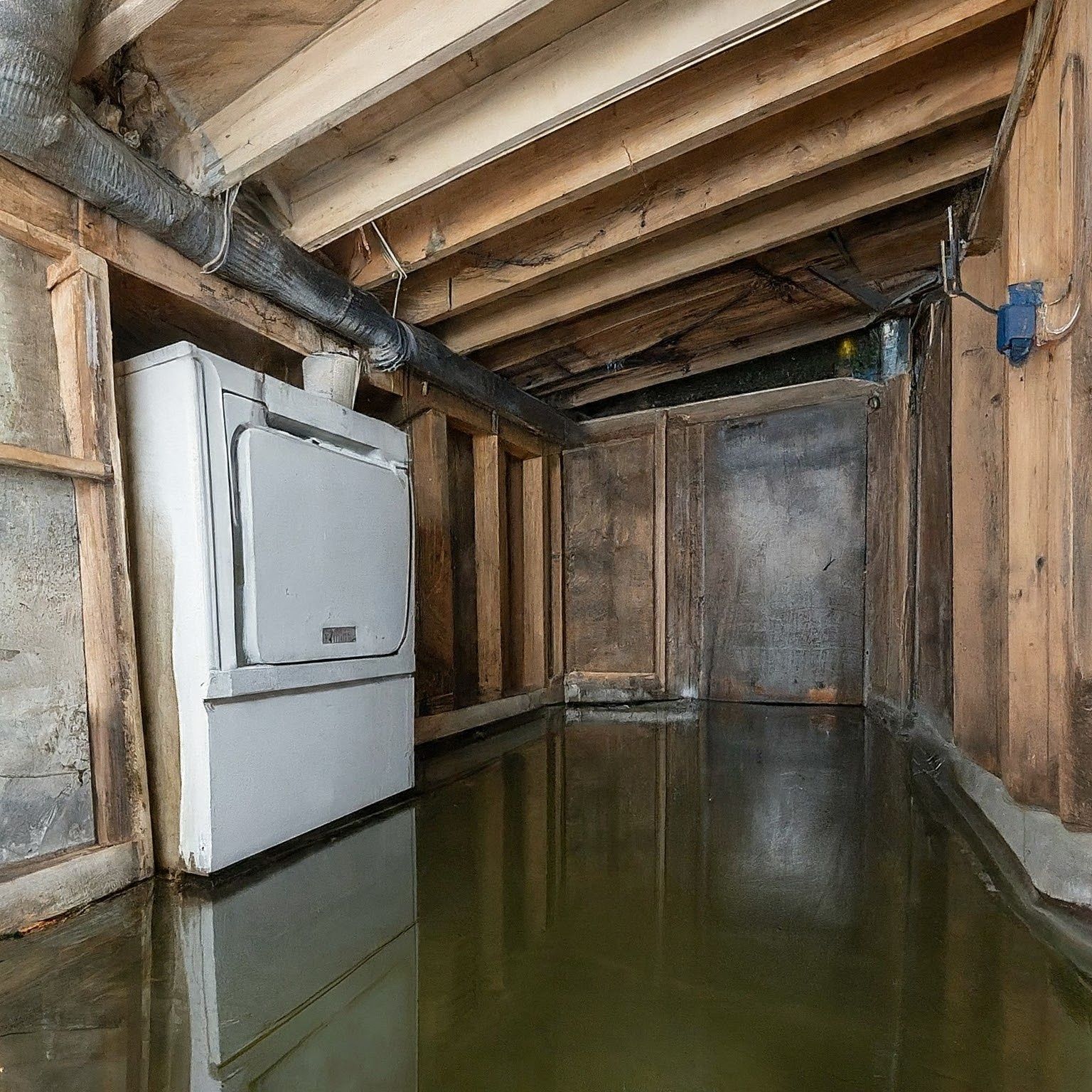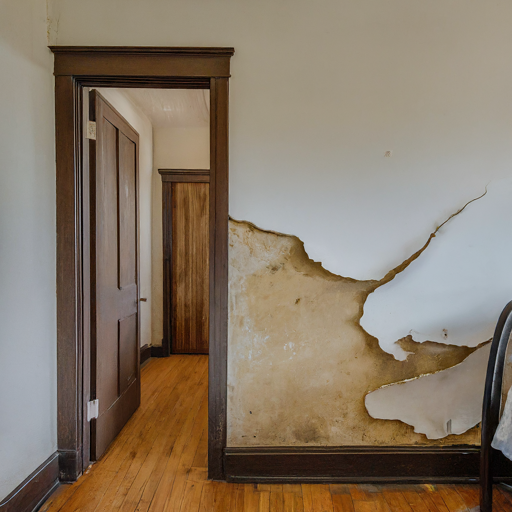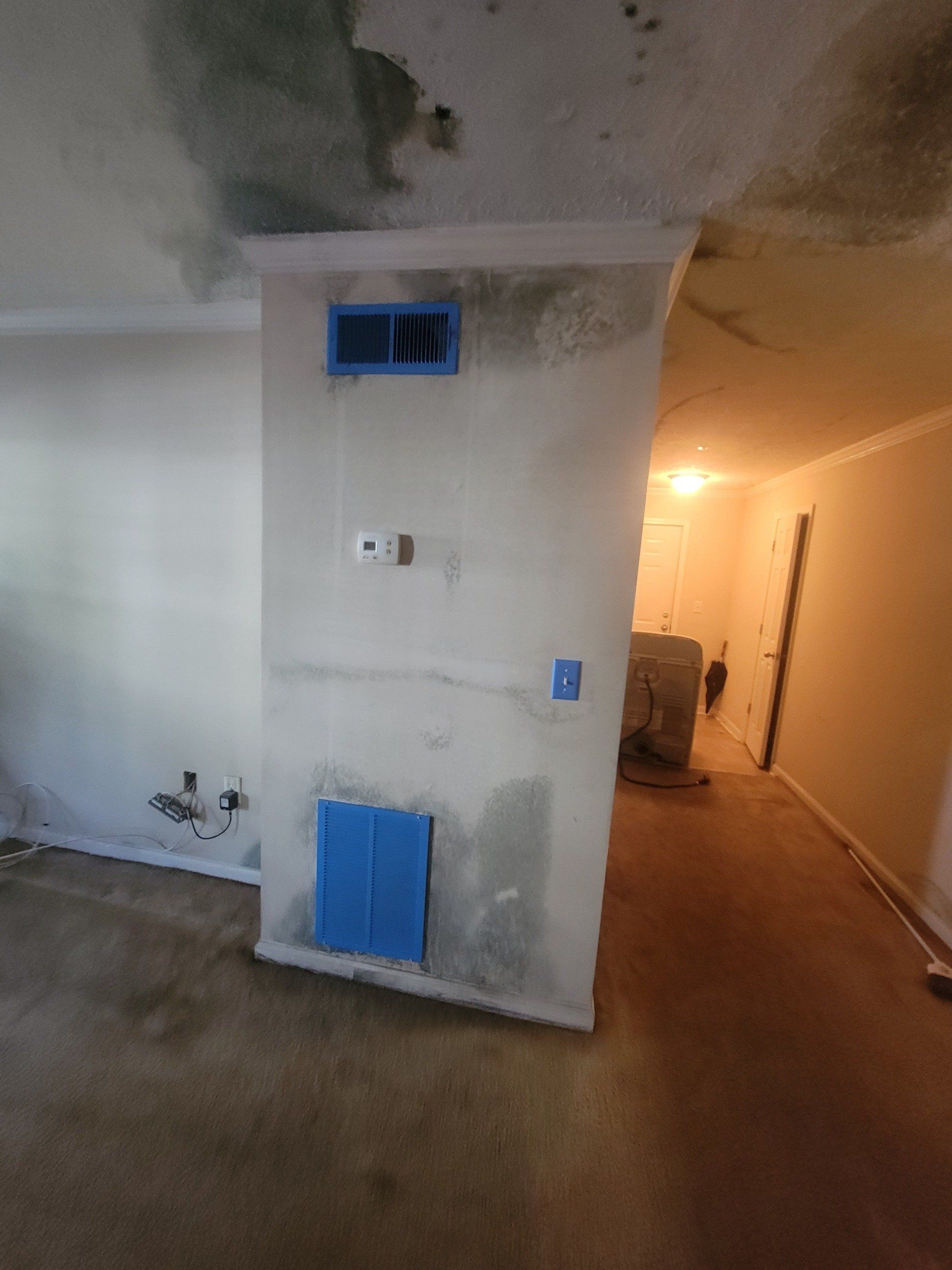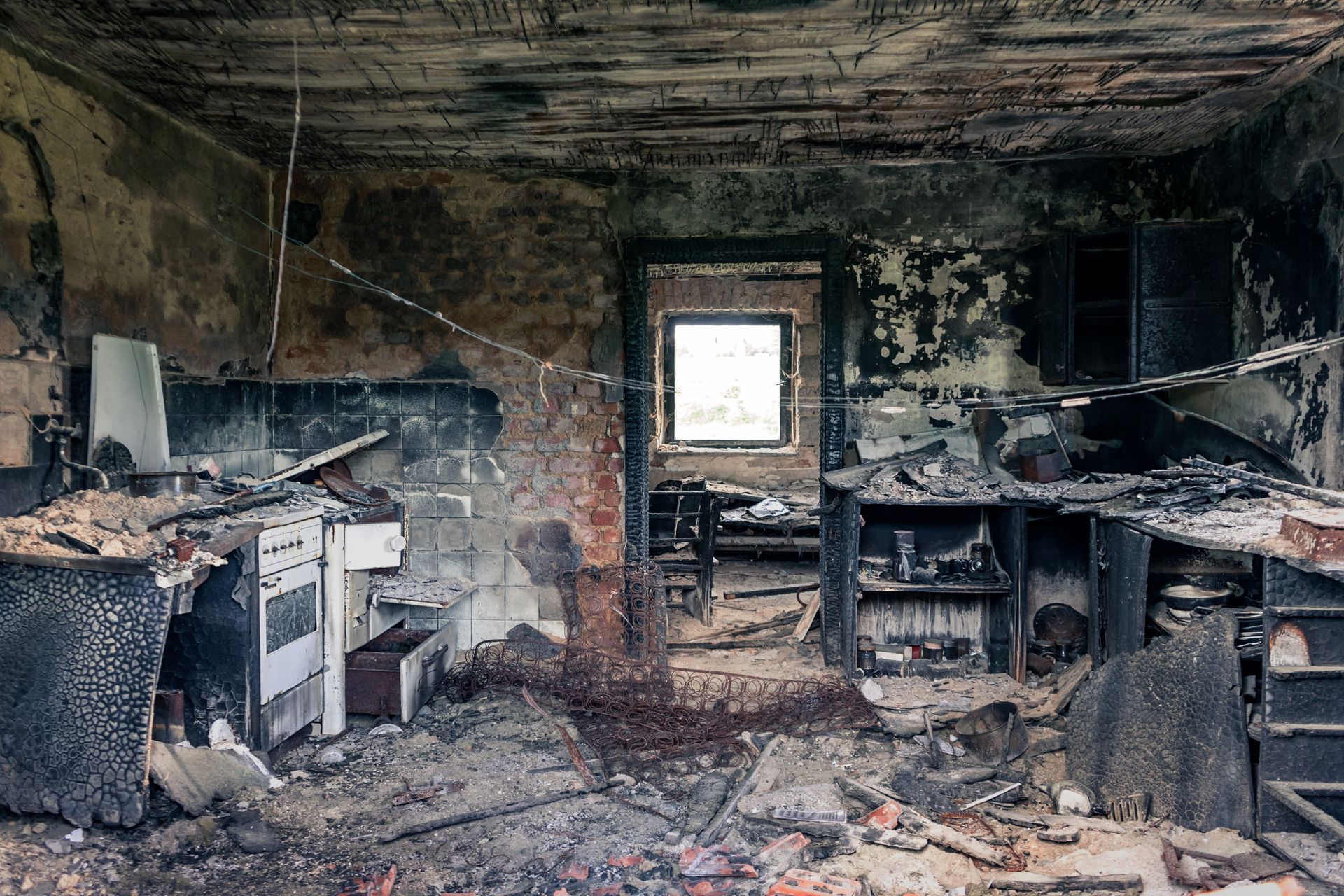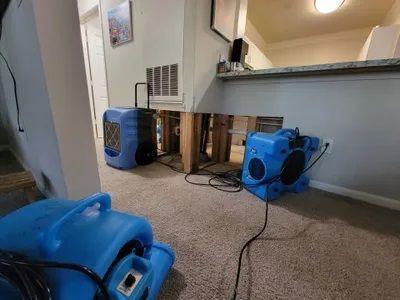6 Effective Strategies for Dealing with Flooding and Water Damage
The North Georgia area is no stranger to thunderstorms that bring floods. From late August until early September 2022, the region experienced flash flooding and severe storms that caused water levels to rise after some areas received 10 to 14 inches of rain. In Gwinnett County specifically, 2020's Hurricane Delta threatened residents with flash floods and river floods due to heavy rains.
When it comes to your home or business, safeguarding it against the devastating effects of flooding and water damage is crucial. To help you protect your valuable assets and maintain business continuity, we've compiled a set of practical strategies that will empower you to deal with these challenges effectively. By implementing these proactive measures, you can minimize the impact of water damage and ensure the safety of your property.
Install Backup Power
Benefits of Backup Power: When floodwaters rise, or a power outage occurs, having backup power can be a game-changer. It enables you to keep your critical systems operational and minimize disruptions. For homeowners, this means they keep their sump pump working to continue removing water from the basement or lowest level of their house when water levels get too high.
For commercial property owners, this means their emergency response and communication systems remain operational to ensure the safety of employees in case the flood gets out of control. With backup power, you gain peace of mind knowing that your property will remain functional during a disaster.
Types of Backup Power Systems: Explore options such as generators and surge protectors that suit your needs. A generator can provide electricity when the grid is down, while surge protectors safeguard your equipment from power surges caused by water damage to your electrical system and appliances throughout the home. These solutions are your allies in ensuring the uninterrupted operation of your property.
Move & Secure Valuables
Identifying Valuables at Risk: Assess the items on your property that are most vulnerable to water damage. Furniture, electronics, artwork, and important documents are common examples. Identifying these valuables will help you prioritize their protection and avoid devastating losses. The Federal Emergency Management Agency calculates that just 1 inch of water can inflict $25,000 worth of damage on your home.
Choosing a Safe Location: Move your valuables to an area within your property that is less prone to flooding. Consider upper levels or elevated spaces. Additionally, storing these items in waterproof containers or bags adds an extra layer of protection.
By taking these proactive steps, you can minimize potential losses and preserve your cherished belongings.
Maintain Property Exterior
Importance of Proper Drainage: Maintaining a well-functioning drainage system prevents water from pooling around your property. Proper drainage ensures that excess water flows away quickly and efficiently.
Clearing Gutters and Downspouts: Regularly clean your gutters and downspouts to prevent blockages caused by leaves and debris. This will help water flow freely and reduce the risk of flooding during heavy rainfall.
Checking Drains and Culverts: Inspect drains and culverts around your property's perimeter. Make sure they are clear and free-flowing to facilitate the swift removal of water. Properly maintained drainage systems allow water to be quickly and easily directed away from your property, minimizing the risk of water damage.
Monitor Local Weather Reports
Staying Informed about Flood Warnings: Monitor local weather reports and flood warnings. This proactive approach gives you valuable time to take the necessary precautions and protect your property.
Reliable Sources for Weather Updates: Identify reliable sources for up-to-date weather information. Local news outlets, weather apps, and emergency management agencies are great information sources.
Taking Precautionary Measures: Based on the forecast, take action to safeguard your property. Implement protective measures such as installing flood barriers, elevating vulnerable items, or sealing entry points to prevent water intrusion.
Minimize Damage and Recover Quickly
Evacuation Planning: Develop an evacuation plan for your family or employees in the event of severe flooding. Ensure everyone knows the designated safe locations and emergency procedures.
Documenting Damages: Take pictures or videos of the affected areas and possessions in the unfortunate event that your property sustains water damage following the flood. This documentation will assist you when filing insurance claims and aid in the restoration process.
Contacting Restoration Professionals: In addition to the previous advice, you should also reach out to experienced restoration professionals like Peachtree Mitigation. If a flood has reached your property, it will have some degree of water damage, depending on the depth and duration of the flood. This is why it's critical to contact a water damage restoration expert as soon as possible so they can assess the damage and determine the best course of action. Their expertise and specialized equipment will help mitigate the damage, facilitate drying, and restore your property to its pre-loss condition.
Be Proactive
Elevating Electrical Systems: If your property is prone to flooding, consider elevating electrical systems, such as outlets, switches, and circuit breakers. This precautionary measure helps reduce the risk of electrical hazards and potential damage.
Waterproofing Foundations: Invest in waterproofing measures for your property's foundation. This can include sealing cracks, applying waterproof coatings, and installing proper drainage systems around the foundation perimeter.
Landscaping and Grading: Ensure your property's landscaping promotes proper drainage by grading the soil away from the foundation. Redirecting water away from your property helps prevent water damage.
Conclusion
By implementing these effective strategies, you can significantly reduce the impact of flooding and water damage on your property. From installing backup power and securing valuables to maintaining proper drainage and staying informed, taking a proactive approach is vital.
Remember to have a comprehensive response and recovery plan and take preventative measures for future protection. Safeguard your property and enjoy peace of mind, knowing you're prepared to deal with any water-related challenges that may come your way.
That said, preparedness can only do so much to avoid the damaging impacts of flooding and other sources of water damage. A 500-year flood can quickly devastate communities, let alone a single property. When a water disaster strikes your home or place of business, acting quickly is essential to reducing the damage that floods or other water damage sources bring.
Don't hesitate to reach out to Peachtree Mitigation. We are Gwinnett County’s mold remediation and water removal service experts. Let us help you restore, mitigate, and safeguard your property. Schedule a consultation with us today so we can assist you with your water damage restoration or mitigation issues.
